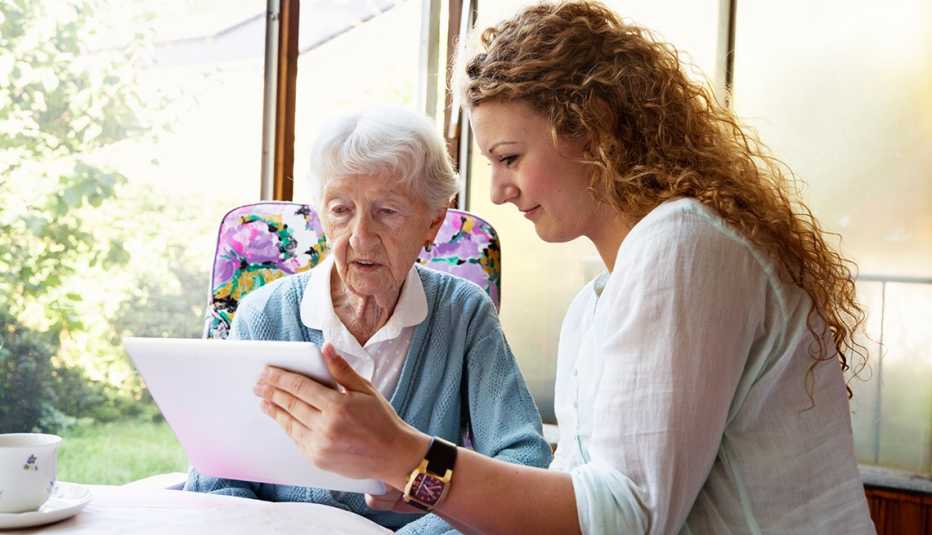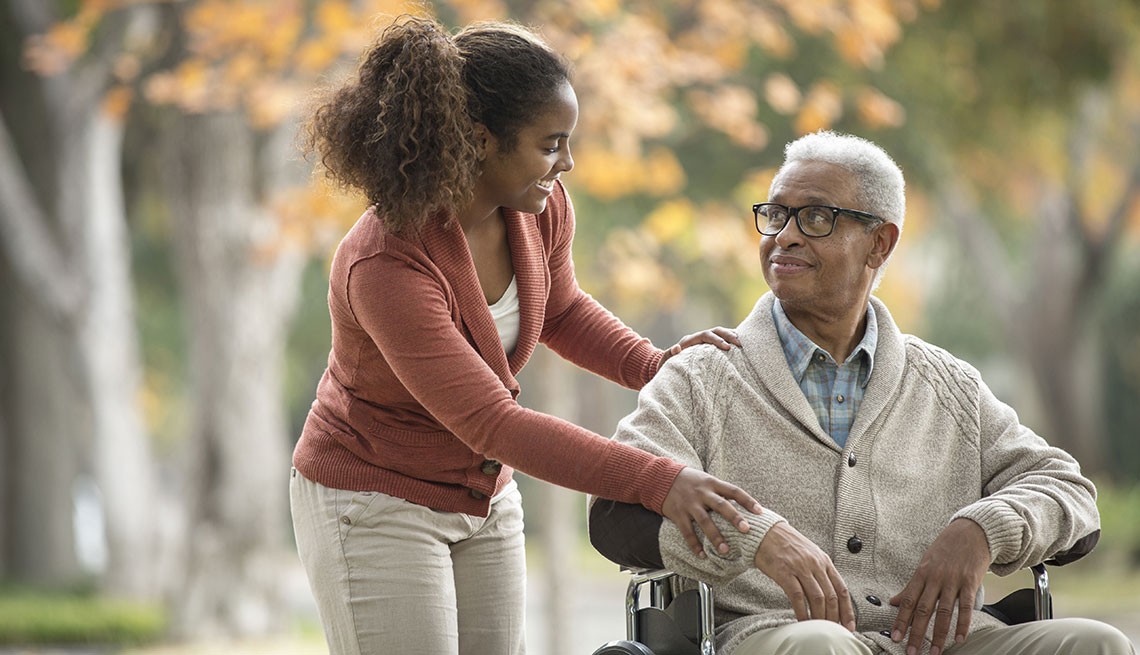Staying Fit
As family caregivers, we play many roles: scheduler, money manager, house cleaner, health aide, nurse, navigator, nurturer and more. Perhaps the most important role is advocate, as we ensure the best possible care for our loved ones when they are vulnerable.
That includes understanding and respecting their goals and wishes for their care and quality of life, and ensuring their wishes are carried out. It means helping them manage financial and legal matters. And it means ensuring they receive appropriate, high-quality services and treatments when needed. We are their voices when they are unable to advocate for themselves.


AARP Membership— $12 for your first year when you sign up for Automatic Renewal
Get instant access to members-only products and hundreds of discounts, a free second membership, and a subscription to AARP the Magazine.
If the thought of being an advocate for others seems overwhelming, relax. You probably already have the skills to be effective; you just need to develop and apply them in new ways. Here are the six attributes I think are most important:
1. Relationship-building abilities
Getting things done often depends heavily on our relationships with the people involved. When advocating for our loved ones, our job is not to be best friends with the health care providers and others we interact with as caregivers. But having respectful, pleasant relationships can sometimes help you get the response you need.
How to be a better relationship builder:
- Be calm, confident and assertive without being aggressive.
- Create allies, not adversaries. Approach with a collaborative attitude — “we’re all in this together,” rather than “you are my enemy.”
- Build empathy. Validate others’ limitations and concerns while sharing your pertinent details, perspectives and requests.
- Show appreciation. Thank people for a job well done.
- Apologize. Don’t hesitate to say “I’m sorry” when it’s appropriate.
- Establish a personal connection. This is best done right off the bat, before a need to advocate arises.





































































More From AARP
A Caregiver's Guide to Conservatorship
A court can appoint someone else to make decisions for your loved onesHow to Be a Caregiver for Someone Who Has Parkinson’s Disease
Experts share ways to support a loved one whose needs will change over timeCaring for Someone Who Won’t Care for Themself
Tips to avoid resentment when a loved one’s health problems are exacerbated